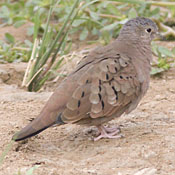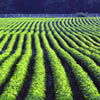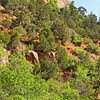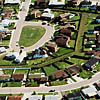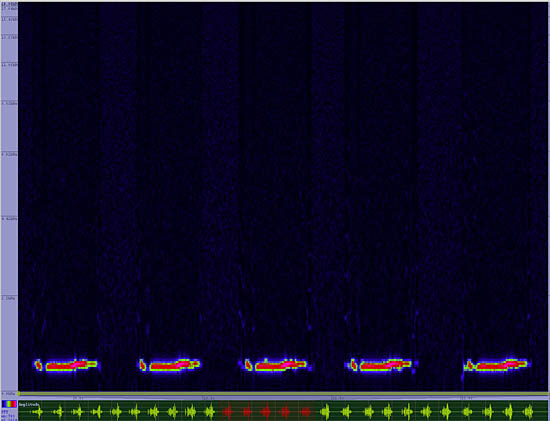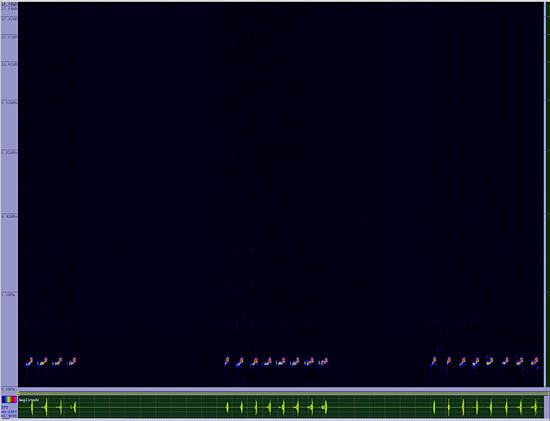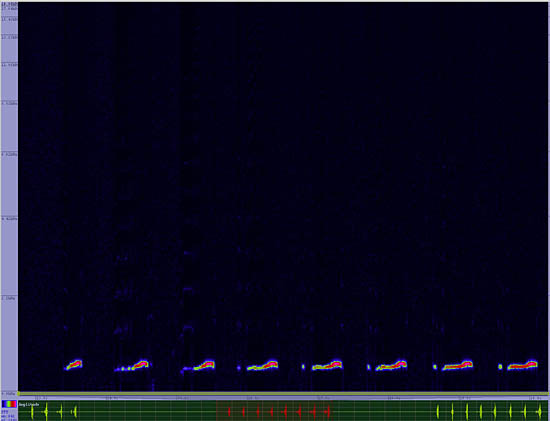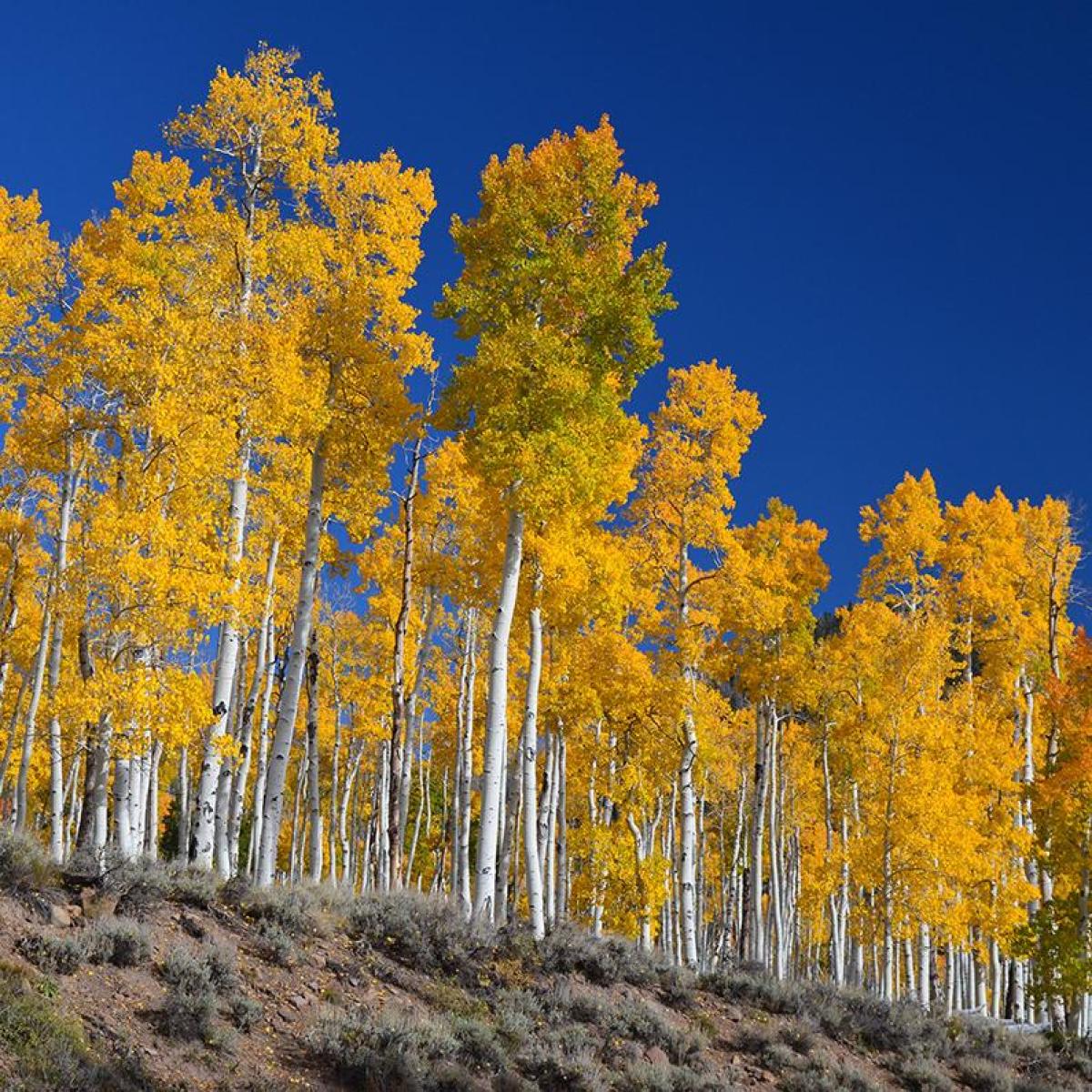Ruddy Ground-Dove
Columbina talpacoti

Pigeon Like

Length: 7 in. (17 cm )
Apparently expanding its range rapidly from northern Mexico into the southwest, it now nests regularly in small numbers in Arizona. Often found in small flocks, it also associates regularly with Inca Dove flocks in open country, cattle feed yards, woodland edges, cultivated fields and even city centers, such as Phoenix. It feeds on the ground and eats seeds, berries and a few insects. It also often spends periods in the middle of the day and nighttime roosting with other doves in low bushes and dense trees. The loosely constructed nest of twigs and grass is placed on the ground or low in a bush.
The four-digit banding code is RUGD.
Bibliographic details:
- Article: Ruddy Ground-Dove
- Author(s): Dr. Biology
- Publisher: Arizona State University School of Life Sciences Ask A Biologist
- Site name: ASU - Ask A Biologist
- Date published: 13 Jul, 2017
- Date accessed:
- Link: https://askabiologist.asu.edu/activities/bird/ruddy-ground-dove
APA Style
Dr. Biology. (Thu, 07/13/2017 - 15:37). Ruddy Ground-Dove. ASU - Ask A Biologist. Retrieved from https://askabiologist.asu.edu/activities/bird/ruddy-ground-dove
Chicago Manual of Style
Dr. Biology. "Ruddy Ground-Dove". ASU - Ask A Biologist. 13 Jul 2017. https://askabiologist.asu.edu/activities/bird/ruddy-ground-dove
Dr. Biology. "Ruddy Ground-Dove". ASU - Ask A Biologist. 13 Jul 2017. ASU - Ask A Biologist, Web. https://askabiologist.asu.edu/activities/bird/ruddy-ground-dove
MLA 2017 Style
Be Part of
Ask A Biologist
By volunteering, or simply sending us feedback on the site. Scientists, teachers, writers, illustrators, and translators are all important to the program. If you are interested in helping with the website we have a Volunteers page to get the process started.

